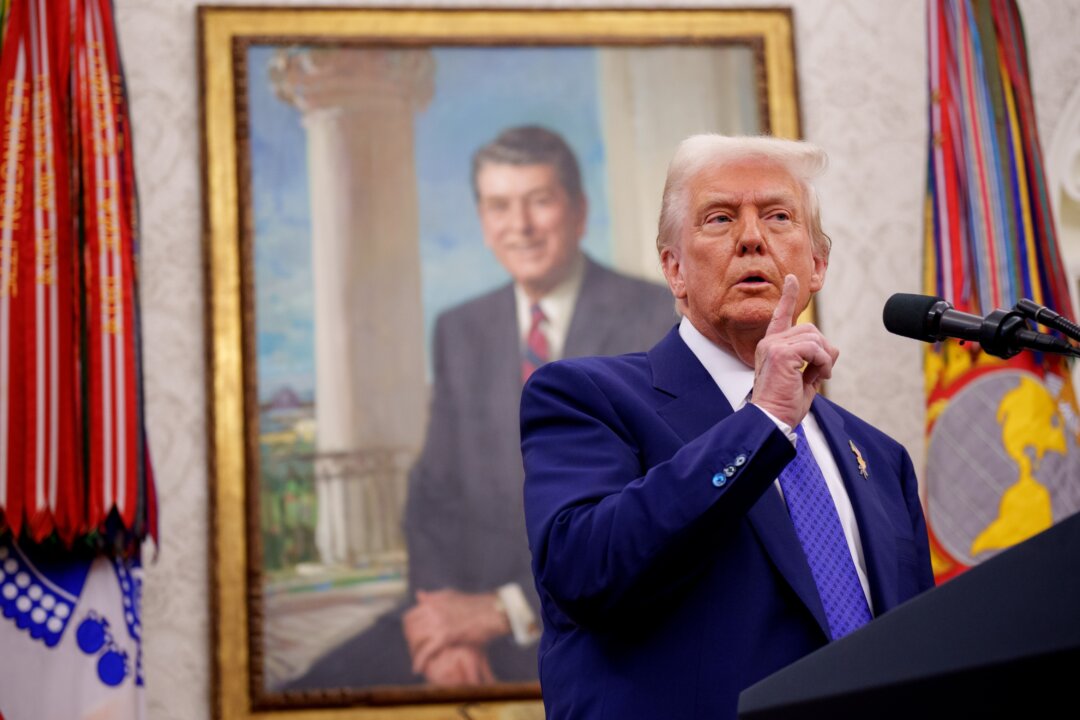
The House is set to vote on its version of the budget plan next week. Republicans in the Senate and House, who hold slim majorities in both bodies, are undertaking the process in order to authorize nearly $5 trillion in new spending to fulfill Trump’s campaign promises—ranging from the construction of a wall along the U.S.
border with Mexico to the extension of tax reductions in the Tax Cuts and Jobs Act of 2017. On Feb. 21, Trump indicated that he was indifferent to the number of reconciliation bills that may be used to enact such funding, which has been a point of disagreement between the two chambers for several weeks.

“You could do three. You could do 10. As long as we get along .
.. as long as we get them all added up and it’s the same thing,” said Trump during an interview on The Brian Kilmeade Show on Fox News Radio.
”It gives you optionality.” The Senate Republican Conference has sought to pass two reconciliation bills—the first one authorizing funding for border security and military spending, with the second focused on tax cut extension and raising the sovereign debt limit. Funding the extension of the Tax Cuts and Jobs Act of 2017’s tax cuts, which may cost up to $4.
5 trillion, is dividing the Senate Republican Conference due to the prospect of cuts to Medicaid, a health care program for low-income Americans. Reducing Medicaid funding is opposed by some senators. The House Republican Conference, by contrast, only seeks to pass one reconciliation bill—similarly, due to disagreements among its members.
The conference contains a sizeable number of fiscal conservatives who oppose any new spending that doesn’t include deep cuts. House Speaker Mike Johnson (R-La.) has repeatedly said that his conference can only realistically pass one bill, due to the fragility of consensus.
After Trump initially endorsed the House’s approach, the Senate indicated that its plan is intended as a reserve option, should the House’s budget resolution fail to pass. House Republicans have a single-seat majority in the body, meaning that the defections of just two members could doom the plan amid unified Democratic opposition. Trump said it was a “very good signal” that the Senate passed their first budget blueprint on Friday, adding that Republicans have “great unity.
” All but one Republican, Sen. Rand Paul (R-Ky.), voted for the measure, and all Democrats voted against it.
.















